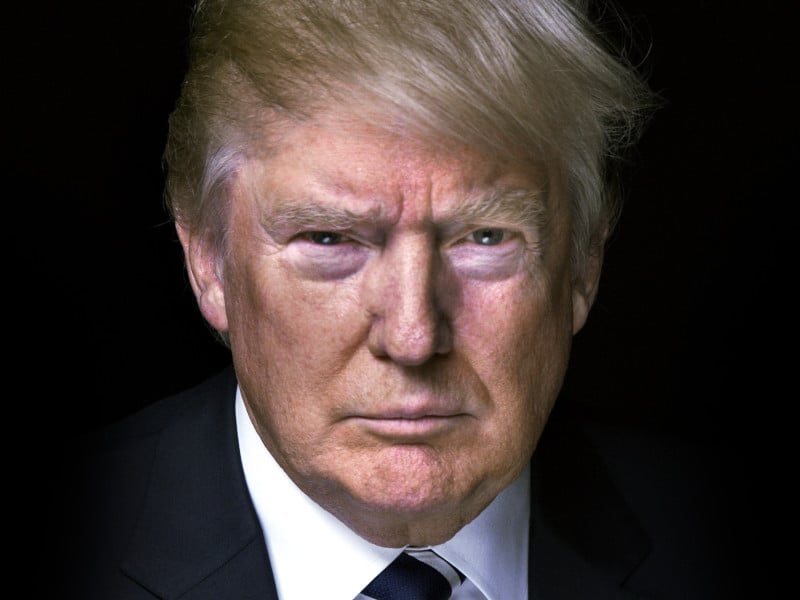
(CNN Politics)
For Hillary Clinton supporters the inevitable arrival to Washington, D.C. of the man many of them see as a real-world Darth Vader feels like the tense wait prior to the landfall of a Category 5 hurricane. Liberal prognosticators, pundits and minority communities strain for any information that could provide fidelity on the trajectory of the terrifying tempest. They speculate on its likely impact on their lives and ask themselves, “Should we stay in place hoping for the best or should we get the hell out the way fearing the worst?”
Beyond U.S. borders, leaders of multilateral institutions like the United Nations, security alliances like NATO, clutch trading partners like Mexico and China are also gazing beyond the horizon nervously anticipation the storm surge and squalls that might be coming their way.
But will Trump really be the devastating hurricane that will reorder big chunks of the American and global economic and security architectures or will his impact on the status quo be more like a reshuffling of card decks via a dramatic flipping over of the entire table?
Predicting Trump’s decision-making on major foreign policy issues especially will make hurricane forecasting seem like kinder-garden math in comparison—far more abstract art than blue print interpretation. The reason for this is that like his recently vanquished democratic opponent Hillary Clinton, Mr. Trump appears to maintain “both a public and a private position” on key issues.
For example, consider his public opinion on the United Nations. In March of 2016, the then republican front-runner blasted the United Nations ideological orientation before a powerful pro-Israel lobby group. He tongue lashed the U.N system stating that, “The United Nations is not a friend of democracy…. It’s not a friend to freedom. It’s not a friend even to the United States of America, where as we all know, it has its home. And it surely isn’t a friend to Israel.”
But in 2005 he sung a far different tune about the world’s premier conflict resolution body and leader of international climate change resiliency. The occasion was his testimony before the Senate Homeland Security and Governmental Affairs Subcommittee where he was invited to testify as a commercial development expert regarding out-of-control renovation costs of the U.N. headquarters. In his testimony, Trump the business man remarked:
“I have to start by saying I’m a big fan, a very big fan, of the United Nations and all it stands for,” Trump told the senators. “I can’t speak as to what’s been happening over the last number of years, because it certainly hasn’t been good, but the concept of the United Nations and the fact that the United Nations is in New York is very important to me and very important to the world, as far as I am concerned. So I am a big fan.”
So on how many other policy matters does Trump maintain a public and private positions? It might be far more than his supporters could have ever imagined. Consider that just after meeting with President Obama two days after his epic electoral victory Trump roll backed his proposal for a total repeal of Obama Care stating that there are parts of Obama’s flagship domestic accomplishment that he really likes.
He has also quietly defanged his proposal to deport 11 million undocumented people residing in the U.S. It is insightful that his First 100 Days manifesto only discusses removing the more than 2 million criminal illegal immigrants from the country and applying penalties for people trying to reenter illegally. There is no mention of a “deportation force” or much feared draconian proposals that continue to cause millions of undocumented residents considerable angst.
Further, Trump has also recently suggested that he would revise his Muslim ban so that it targets people from countries “linked to terrorism” rather using their Islamic faith as a disqualifying criterion. So are the post-election shifts in tone and substance of flagship policy propositions a harbinger of what is to come? That is hard to know, however, what is certain is that the political Right’s change candidate has already begun to defang the most controversial of his policy proposals.
Lastly, it might be premature to say that Hurricane Trump won’t be packing a big punch, however, I think it’s safe to take the shutters down—almost.